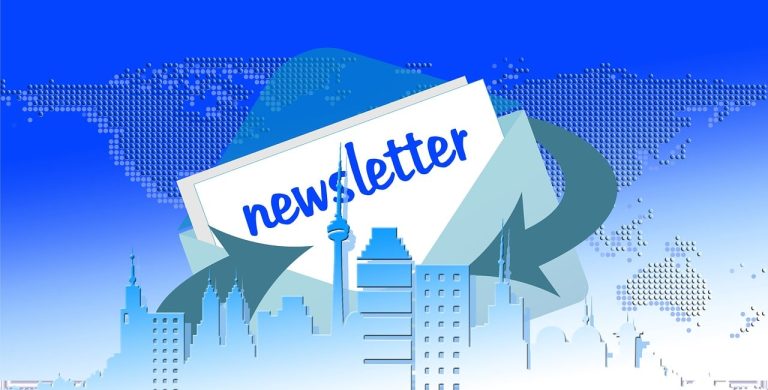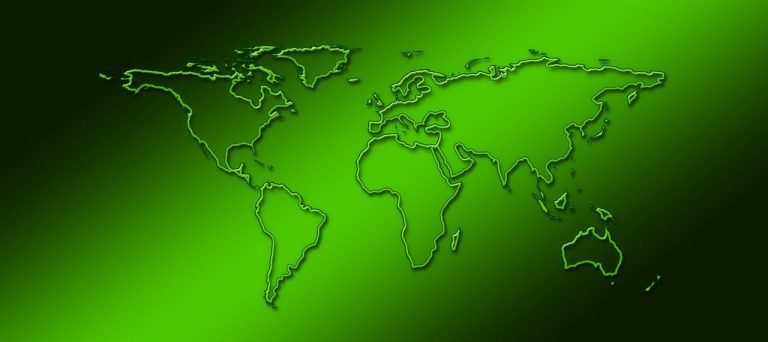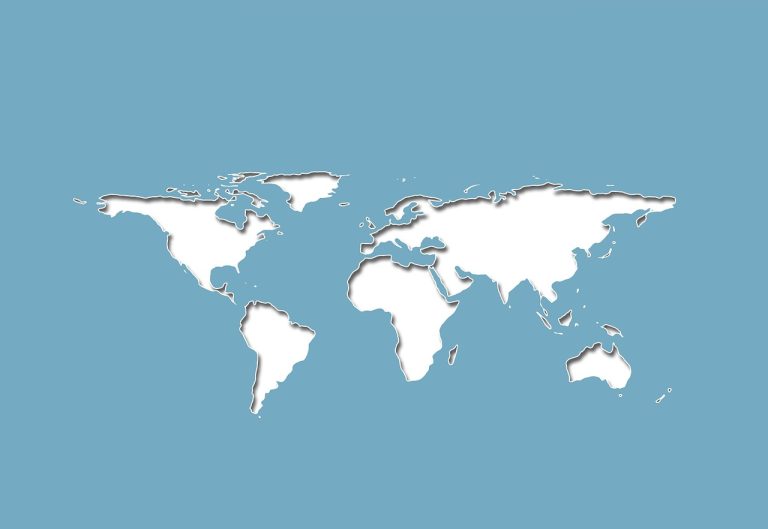
Philippine Economic Policies under Scrutiny: How Politics Shape the Nation’s Prosperity
The interconnectedness of politics and economics is a phenomenon observed worldwide, and the Philippines is no exception. As a country with a unique blend of history, culture, and socio-political dynamics, the economic policies in the Philippines are frequently influenced by the political landscape. This article delves into how political decisions shape the nation’s economic prosperity, examining the historical context, current policies, and the global implications of these strategies.
Historical Context of Economic Policies
To understand the current economic policies of the Philippines, it’s crucial to look back at the historical context. The country has undergone various political regimes, each leaving its mark on the economic landscape. From the colonial era to the present democratic setup, each period has influenced how policies are crafted and implemented.
During the American colonial period, the foundation for a market-oriented economy was laid, with a focus on agriculture and trade. Post-independence, the government shifted towards industrialization, but political instability and corruption often hindered progress. The Marcos regime in the 1970s and 1980s, for instance, was marked by massive infrastructure projects but also rampant corruption, which stifled long-term economic growth.
Current Economic Policies
Today, the Philippines is seen as one of the emerging markets in Southeast Asia, with a focus on infrastructure development, foreign investments, and technology-driven growth. The current administration has prioritized the “Build, Build, Build” program, aiming to improve transportation networks, energy supply, and other critical infrastructure. This policy is not just about economic growth but also about gaining political mileage by demonstrating tangible progress.
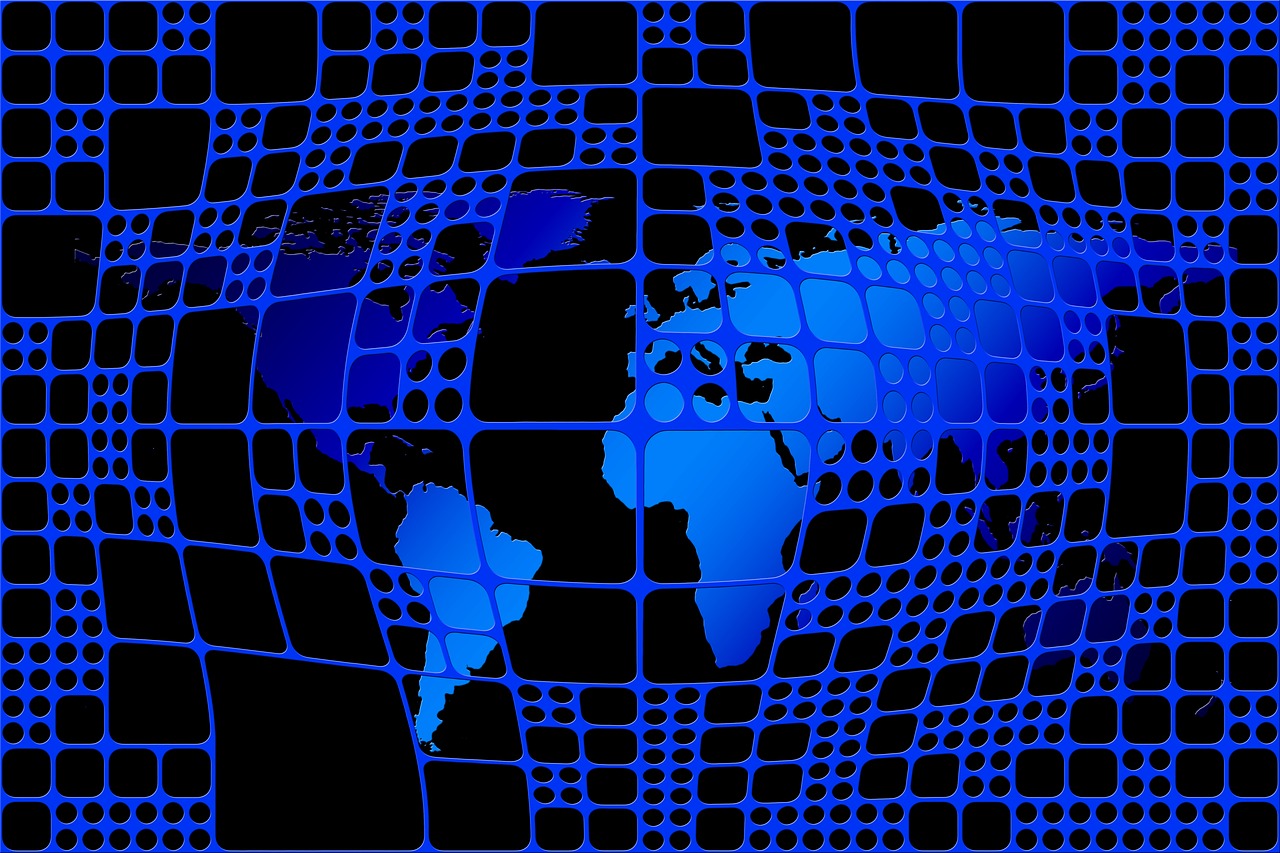
The government’s economic policies are heavily influenced by its political allies and the need to maintain a balance between satisfying public demands and meeting the expectations of international partners. For instance, the shift towards more business-friendly policies is seen as a move to attract foreign direct investment, crucial for sustained economic growth.
The Role of Political Stability
Political stability is a significant determinant of economic prosperity. The Philippines, with its dynamic political environment, often sees changes in economic policies with each new administration. This can create uncertainty, deterring long-term investments. However, when political stability is achieved, it fosters a more conducive environment for economic growth.
One example is the improved relationship with China, which has translated into increased investments and trade partnerships. This geopolitical strategy is not only about economic gain but also about securing political alliances in the region. According to a report by the Brookings Institution, these relationships are critical in shaping the Philippines’ economic policies.
Impact of Globalization and International Relations
In today’s globalized world, the Philippines cannot isolate its economic policies from international influences. Trade agreements, international loans, and foreign policy decisions play a crucial role in shaping the country’s economic landscape. The Philippines’ membership in international organizations like the World Trade Organization (WTO) and the Association of Southeast Asian Nations (ASEAN) necessitates policies that align with global standards.
International relations also affect domestic economic policies. The ongoing trade tensions between major economies, for example, can influence the Philippines’ trade policies and economic strategies. The country must navigate these complexities to ensure its economic policies remain viable and beneficial for its citizens.
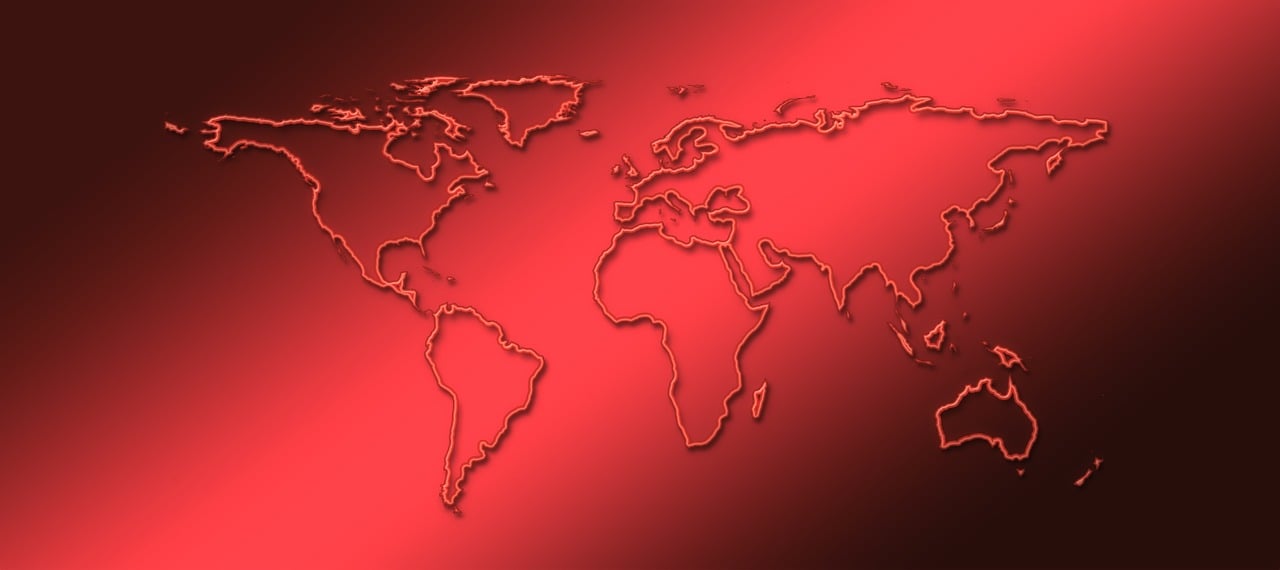
Challenges and Criticisms
Despite efforts to craft effective economic policies, the Philippines faces several challenges. Political interference, corruption, and a lack of transparency are often cited as significant barriers to successful policy implementation. These issues can undermine investor confidence and hinder economic progress.
Moreover, social issues such as poverty and inequality remain prevalent, prompting criticism that economic policies do not adequately address the needs of the marginalized. The focus on urban-centric development often leaves rural areas behind, exacerbating the urban-rural divide.
Critics argue for more inclusive policies that prioritize education, healthcare, and social welfare to ensure that economic growth translates into improved quality of life for all Filipinos. Reports from organizations like The World Bank highlight these disparities and call for reforms that can lead to more equitable growth.
The Future of Philippine Economic Policies
Looking ahead, the Philippines faces the challenge of crafting economic policies that are resilient to both domestic and international changes. As the world moves towards a more digital and environmentally sustainable future, the country must adapt its strategies to remain competitive.
Investing in education and technology is crucial for future-proofing the economy. Additionally, policies must focus on sustainability, addressing the impacts of climate change and promoting renewable energy sources. The government must also continue to strengthen its political institutions to ensure that economic policies are implemented effectively and transparently.
As the Philippines continues to navigate its political and economic landscape, the interplay between these two spheres will remain a defining factor in the nation’s prosperity. The need for sound political decisions that support economic growth while addressing social concerns is more critical than ever.
Takeaways
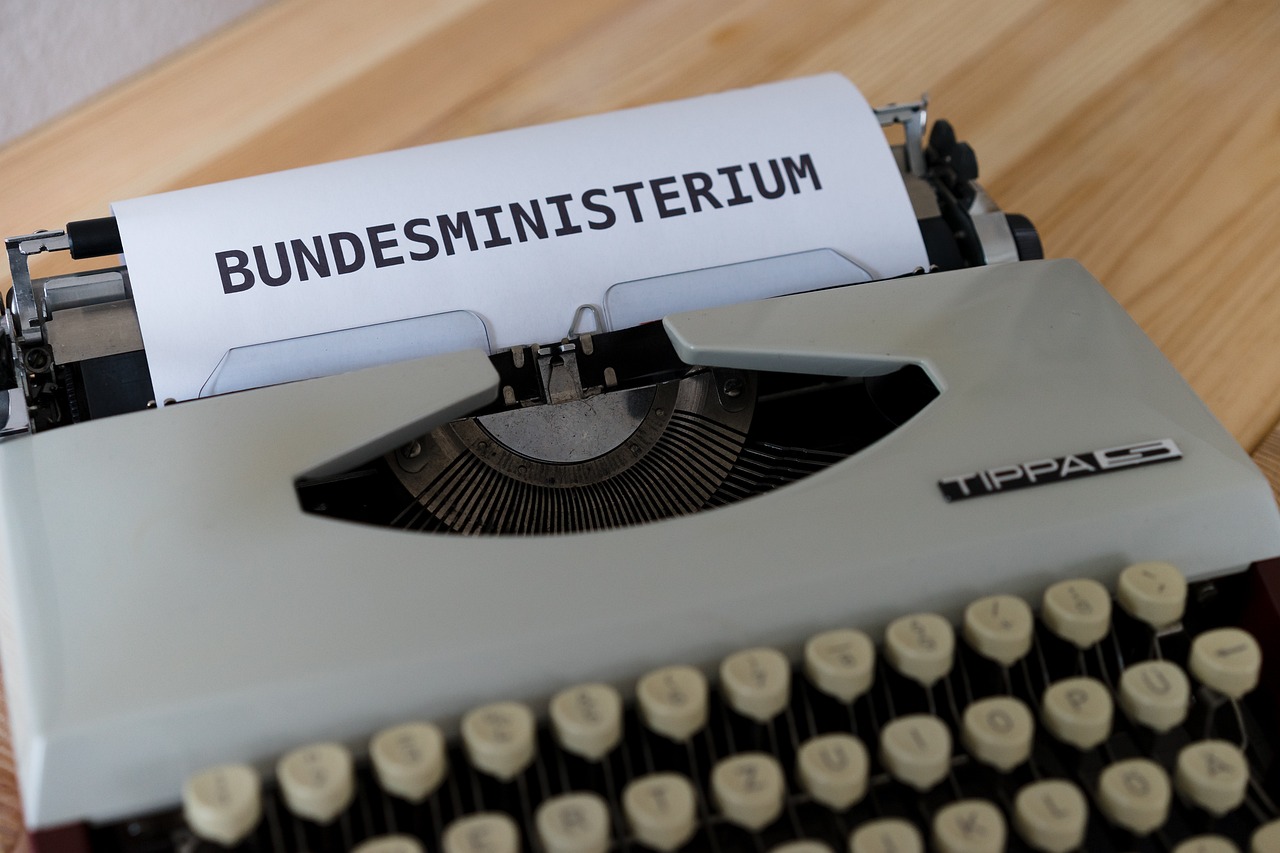
In conclusion, the economic policies of the Philippines are inextricably linked to its political environment. Historical influences, political stability, international relations, and social issues all play a role in shaping these policies. While there are challenges to overcome, there are also opportunities for growth and development. By fostering a stable political climate and crafting inclusive, forward-thinking economic strategies, the Philippines can continue on its path toward prosperity.
For those interested in exploring more about the complexities of political and economic interactions, the Council on Foreign Relations offers extensive resources on this subject, providing insights into how nations like the Philippines navigate these intricate dynamics.
Role of Innovation and Technology in Economic Policies
Innovation and technology are rapidly emerging as critical components in the formulation of economic policies in the Philippines. As the global economy increasingly shifts towards digital solutions, the nation is recognizing the need to integrate technology into its economic framework. This shift not only aims to improve efficiency and productivity but also to position the Philippines as a competitive player in the global tech industry.
The government’s emphasis on building a robust digital infrastructure is evident in its initiatives to support start-ups and tech-based enterprises. Policies aimed at enhancing internet connectivity, providing tax incentives for tech companies, and investing in digital education are all part of a broader strategy to nurture a tech-savvy workforce. These policies are designed to attract both local and international tech investors, thereby boosting the economy.
Moreover, the rise of fintech in the Philippines is transforming the financial landscape, making financial services more accessible to the unbanked population. This democratization of financial services is crucial in promoting economic inclusivity and empowering small businesses. As highlighted in a study by the Asia Pacific Foundation of Canada, the integration of fintech solutions is set to significantly impact the country’s economic growth trajectory.
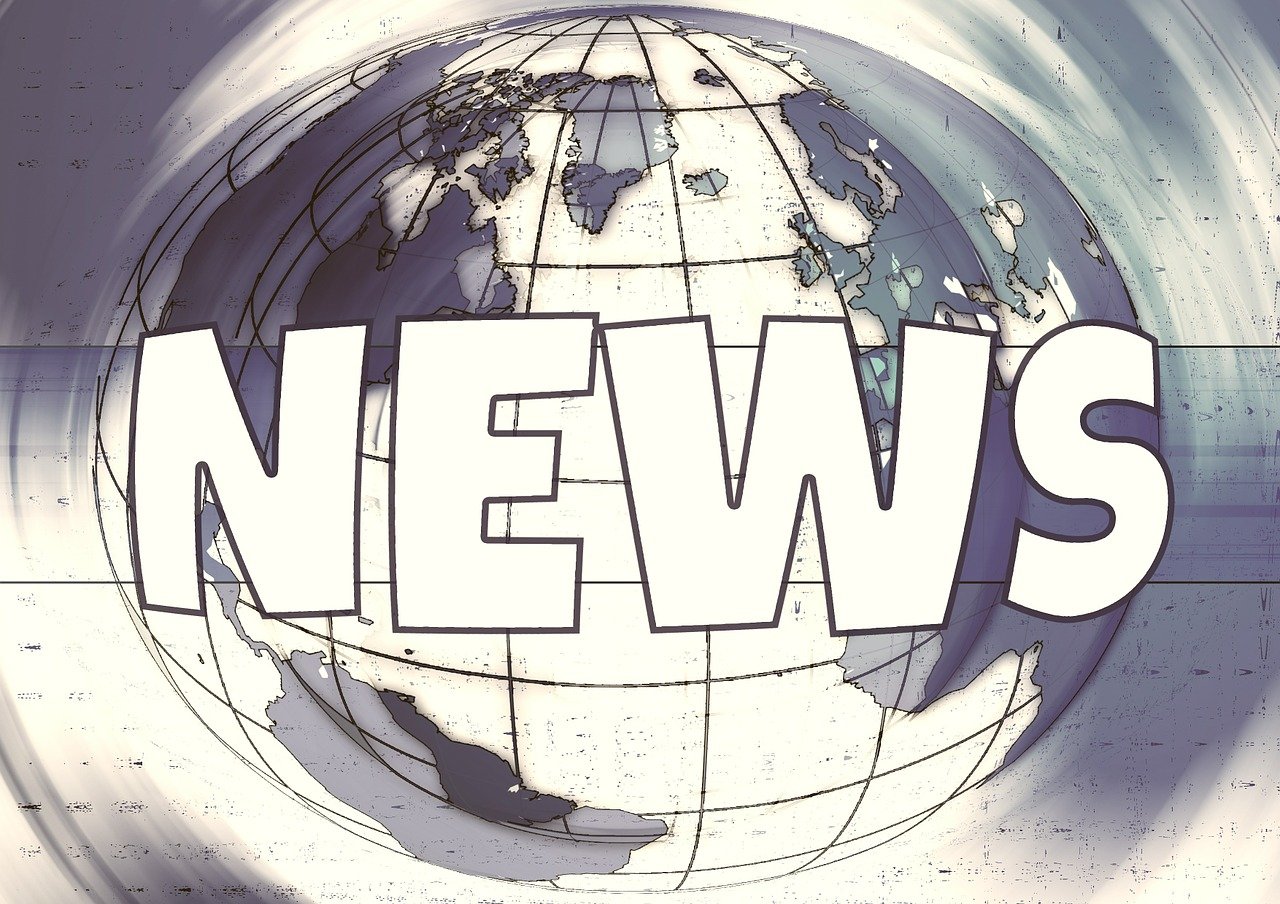
Environmental Considerations and Sustainable Development
In recent years, there has been a growing awareness of the need to incorporate environmental considerations into economic policies. The Philippines, being highly vulnerable to the impacts of climate change, recognizes the importance of sustainable development as a key component of its economic strategy.
The government has begun implementing policies that promote renewable energy, sustainable agriculture, and eco-friendly urban development. These efforts are not only aimed at reducing the environmental footprint but also at ensuring that economic growth does not come at the expense of natural resources. Sustainable development policies are crucial for long-term economic resilience and environmental preservation.
International partnerships play a significant role in this area, with the Philippines collaborating with organizations like the Green Climate Fund to finance climate-related projects. Such partnerships help the country access the necessary funding and expertise to implement effective environmental policies.
Social Policies and Economic Equity
Economic growth should ideally translate into improved living standards for all citizens. However, the challenge of economic equity persists in the Philippines, where wealth disparities and poverty remain significant issues. To address these challenges, the government is focusing on social policies that aim to uplift marginalized communities and provide equal opportunities for all.
Education reform, healthcare access, and social welfare programs are at the forefront of these efforts. By investing in human capital, the Philippines aims to drive economic growth from the grassroots level, empowering individuals to contribute productively to the economy. The implementation of universal healthcare and expanded access to quality education are steps in the right direction.

These social policies are complemented by initiatives to enhance job creation, particularly in rural areas. By fostering entrepreneurship and supporting small-to-medium enterprises (SMEs), the government hopes to create a more balanced economic landscape. Such strategies are essential for reducing poverty and promoting inclusive growth.
The Influence of Public Opinion
Public opinion plays a crucial role in shaping economic policies, as it influences political decision-making and policy prioritization. In the Philippines, where democracy allows for a vibrant exchange of ideas, the voice of the public can significantly impact economic strategies.
Public forums, opinion polls, and media discussions often bring attention to pressing economic issues, prompting the government to take action. For instance, widespread public concern about inflation or unemployment can lead to policy adjustments aimed at stabilizing prices or creating jobs. Engaging with civil society and incorporating public feedback into policymaking can enhance the efficacy and acceptance of economic policies.
Additionally, public opinion can drive accountability and transparency in government actions. By holding policymakers accountable, citizens ensure that economic strategies align with national interests and contribute to sustainable development.
Conclusion: Navigating the Future
The economic policies of the Philippines are at a crossroads, influenced by a complex interplay of political, social, and international factors. As the nation seeks to bolster its economic standing, it must navigate these dynamics with strategic foresight and adaptability. By fostering innovation, prioritizing sustainability, and ensuring economic equity, the Philippines can chart a course towards a prosperous future.
Ultimately, the success of these policies hinges on the ability of the government to harmonize political objectives with economic necessities. As the Philippines continues to evolve, its economic policies will remain a critical determinant of its overall prosperity and global standing.
